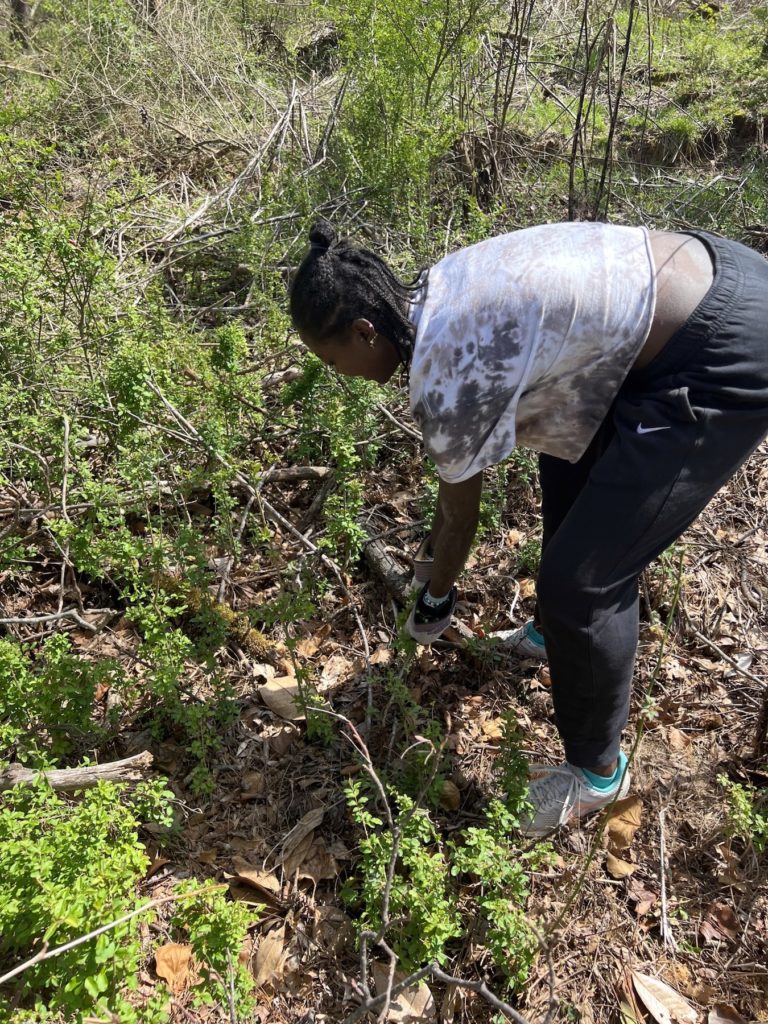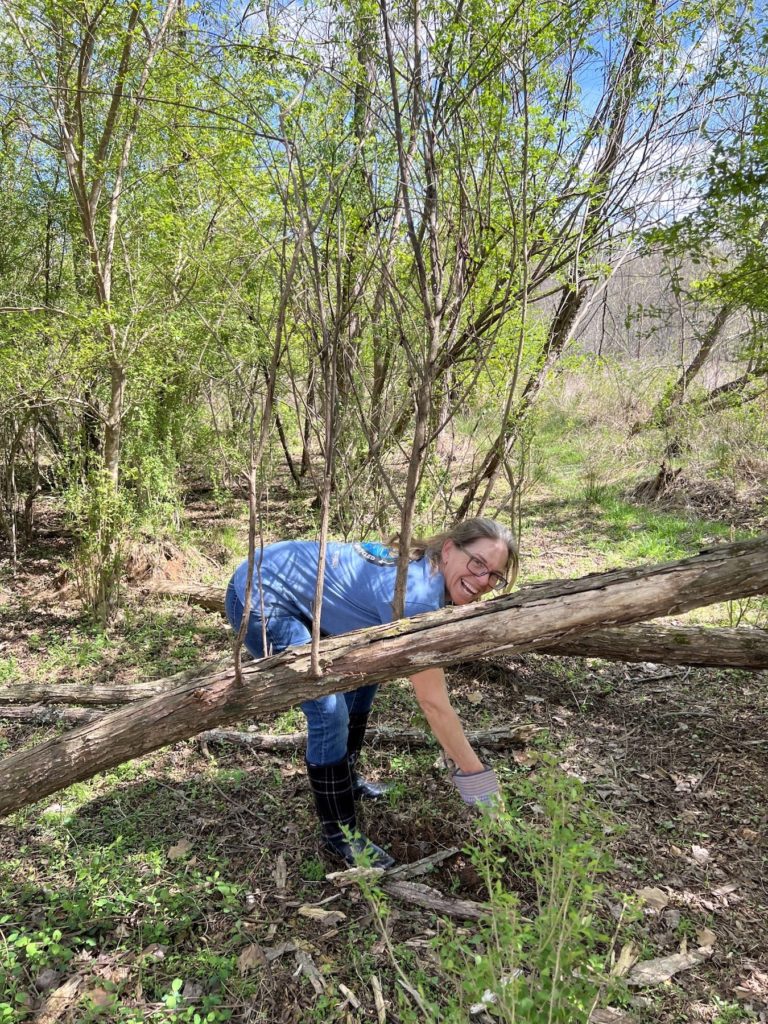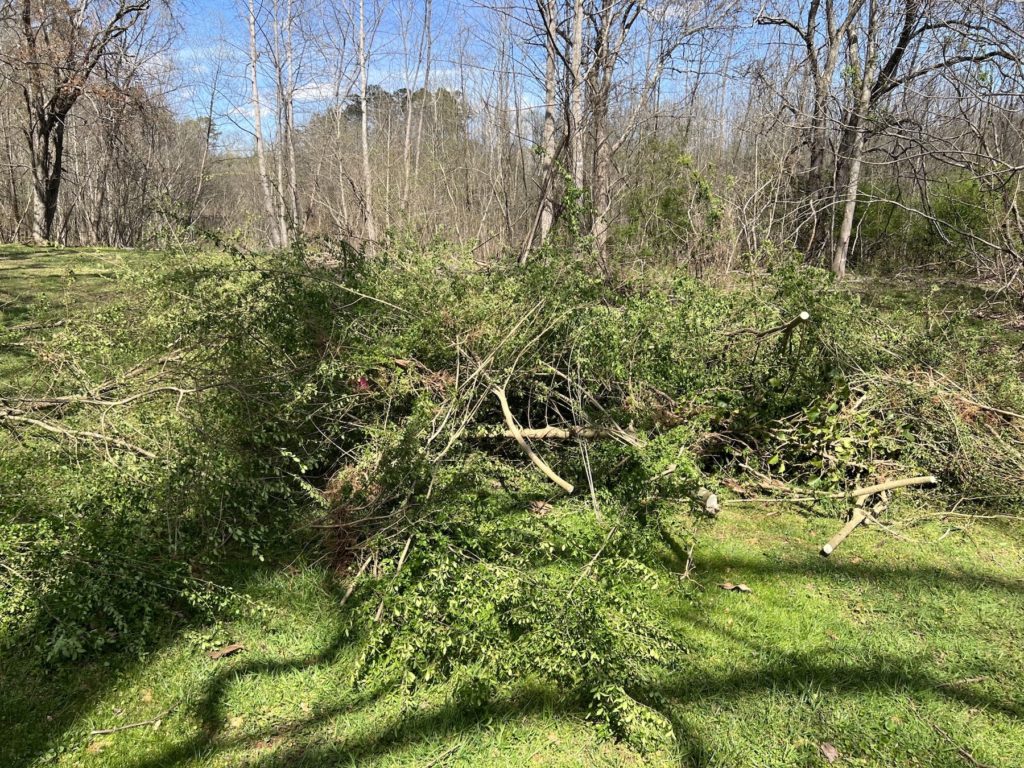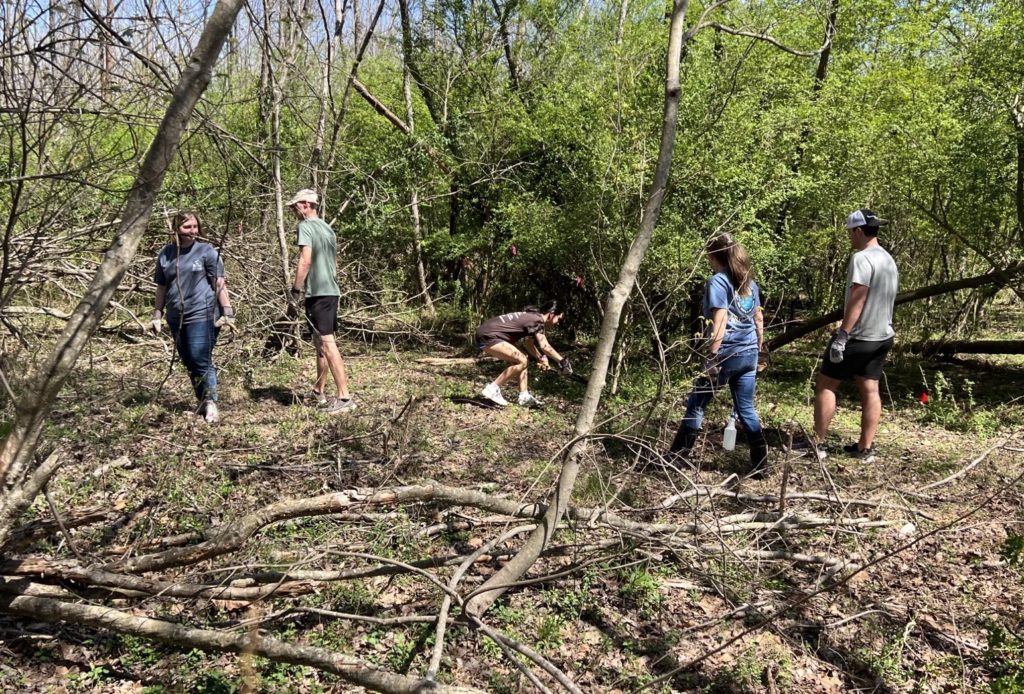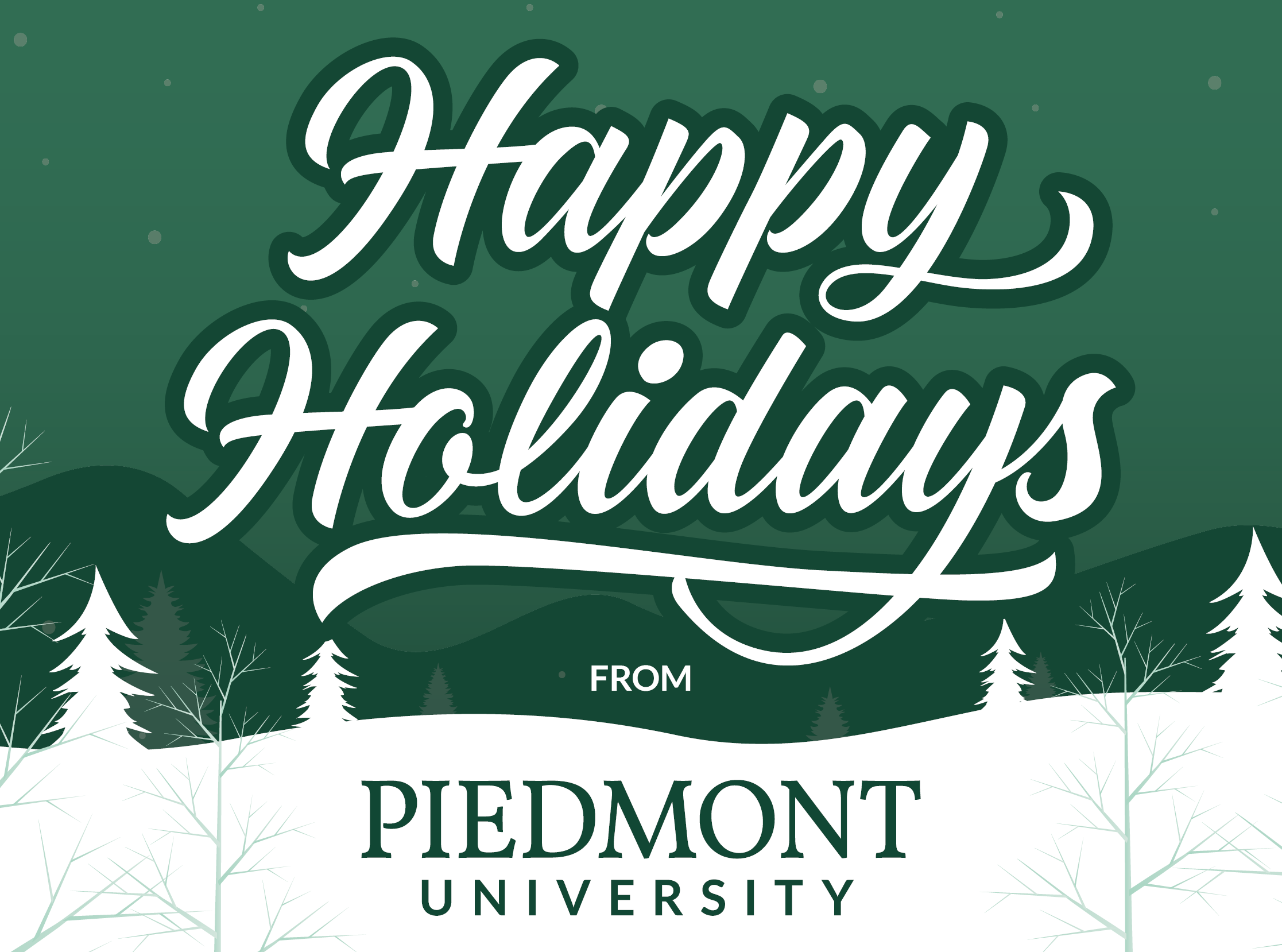Environmental Science Students Promote Sustainability on Campus
As Earth Month winds down, Piedmont University students are sharing projects they completed for Earth Sciences Professor Dr. Debra Dooley’s sustainability class.
Imani Vincent, who will graduate from Piedmont University with a degree in Environmental Science, chose to remove an invasive species, the Chinese Privet plant.
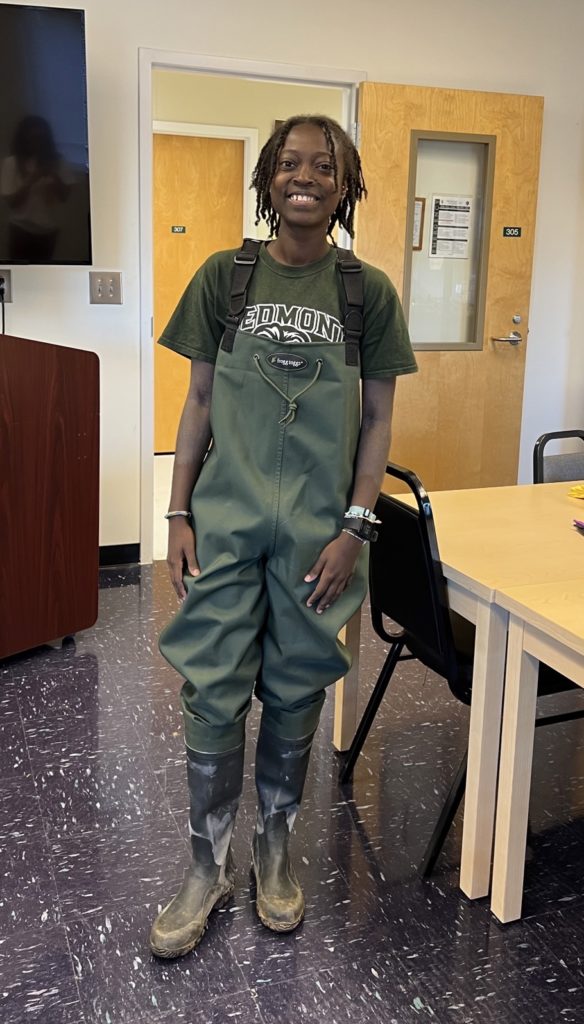
Chinese Privet is growing “rampant” on campus, Vincent said. It must be pulled up by the roots or lopped off and sprayed with glyphosate to prevent regrowth. Dooley joined Vincent and eight other students for the project. (Vincent was surprised by the garbage the group also picked up. It filled two trash bags.)
Removing invasive species like Chinese Privet “promotes sustainability by preventing the suppression of our native trees and stops the disruption of ecosystems around campus,” Vincent said. “Along with stunting herbaceous growth, invasive species also minimize biodiversity, hinder native plant growth, and permanently alter habitats.”
The course gave Vincent a foundation for sustainable living.
“Now, I’m actively searching to make a difference and to volunteer in any way I can to increase sustainability,” Vincent said.
Vincent has been accepted into the Geosciences graduate program at Georgia State University.
(See a gallery of photos of the Chinese Privet removal below this story.)
Food waste
Freshman Avonlea Kirby chose food waste as her sustainability project. She sees it every day at the Commons cafeteria. She and fellow student Bree Lanier collected 80 pounds of food waste for three hours at in the cafeteria’s dishwashing room at lunchtime.
“I wanted to see how much food the students at Piedmont actually waste,” Kirby said. “We collected four full buckets of food waste, approximately 80 pounds, in one, three-hour lunch period.”
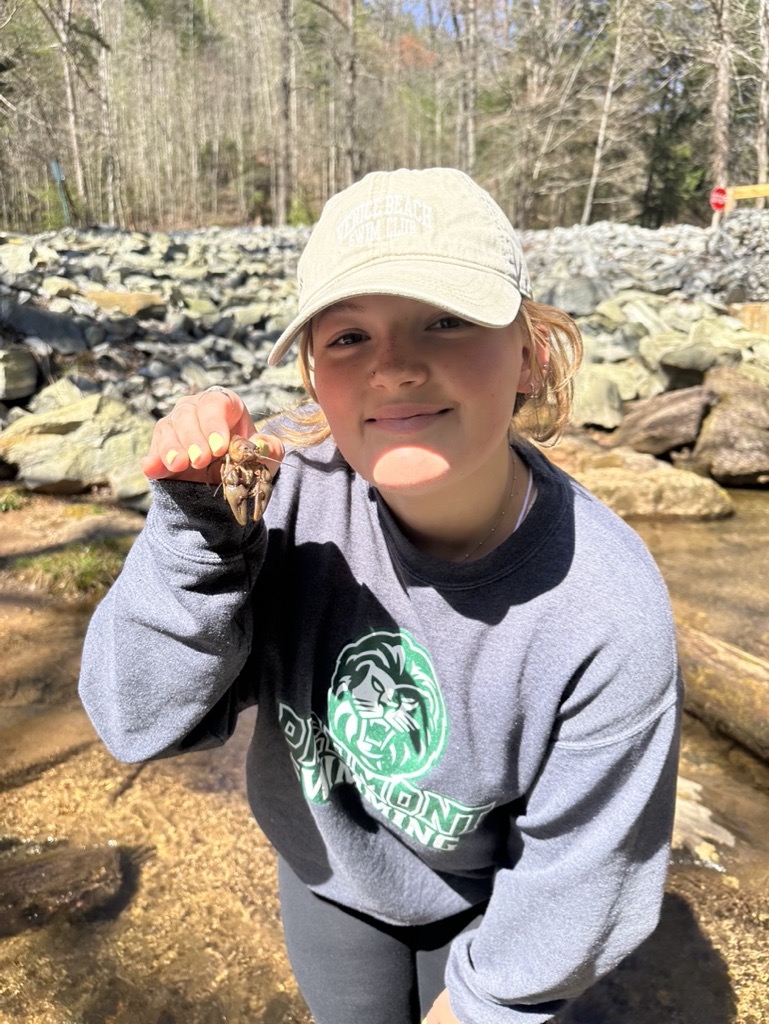
Kirby and Lanier created a flyer to share with students that demonstrated how much food is wasted per week (1,000 pounds), semester (16,000), and academic year (32,000). In the U.S., it totals 119 billion pounds annually. The flyer encourages students to “Think Sustainably and Eat Sustainably.”
“Food waste is a sustainability problem because you are not only wasting food, but you’re also wasting the water, the energy, and the money it took to grow, transport and package that food,” Kirby said.
Kirby wants more college students to educate themselves about sustainability and the difference it can make collectively when each person makes small changes. Besides food waste, she said residential students could drive less often to class, and the campus could restart its recycling program.
“I think we can all try to be a little more conscience of how our individual actions impact the planet,” Kirby said.
Outdoor cleanup
After graduation, senior environmental science major Rhylee Wittrock will move to Hawaii to work with conservation organizations like the Aloha Tree Alliance.
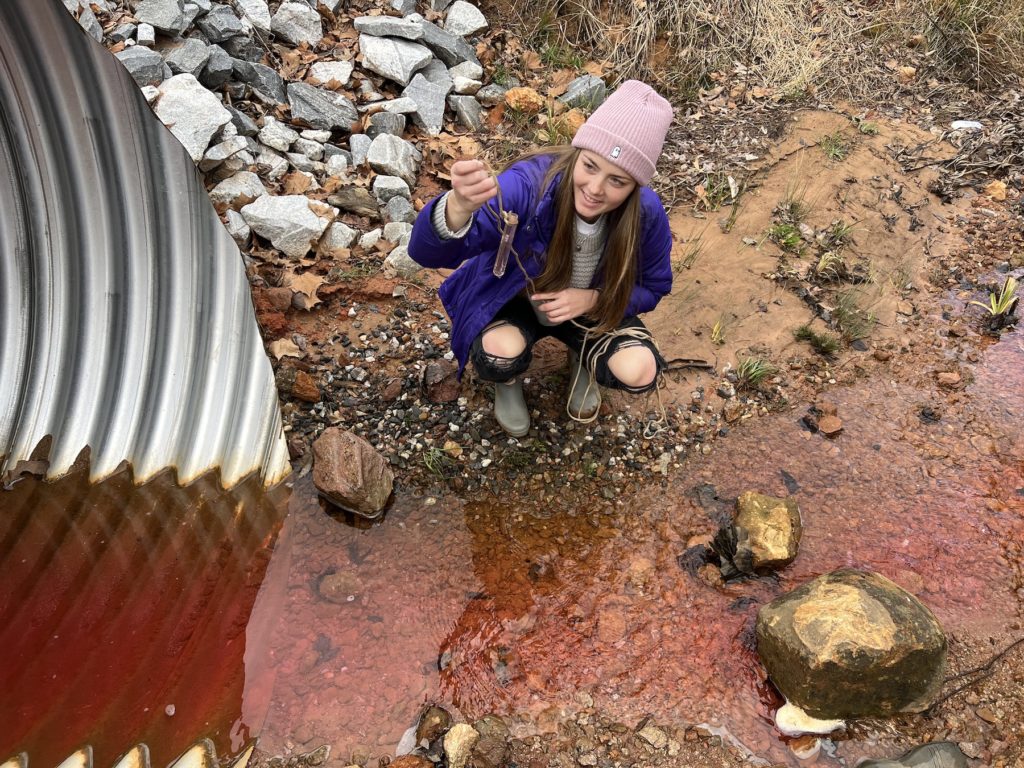
For her sustainability project, Wittrock gathered volunteers and cleaned up trash behind the lacrosse/soccer field on campus.
“I was appalled by how much trash was in the stream or surrounding the stream in those woods,” Wittrock said. “We found rubber tires, scrap metal, and trash. The items pollute water sources.”
“Rubber tires do not decompose, and when they are heated up by the sun, they release methane gas. Other chemicals from the tire will seep into the ground, polluting soil and water,” Wittrock said. Plastics do break down over time, but “they break down into microplastics that pollute soil and water sources and are entering the food chain,” she added. “Not good.”
Eliminating litter from natural environments is one way to practice sustainability. Wittrock hopes projects like those Dooley’s students completed will continue, no matter how small they may seem.
“Having more people who are not environmental science majors or minors volunteer for sustainability projects will help the entire campus learn about the importance of sustainability. The more conversations we have about sustainability, the better we will get at practicing it.”
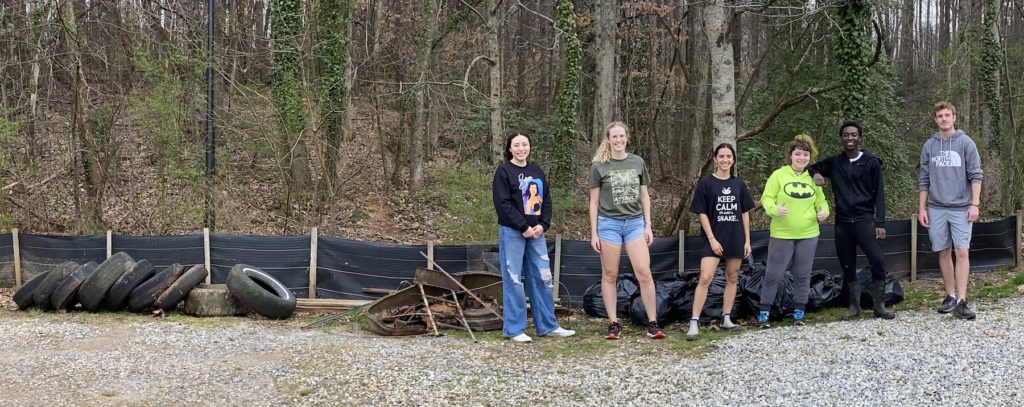
They were surprised by the volume of waste they found.
To learn more about Piedmont’s environmental science major, visit piedmont.edu/environmental-science/.
